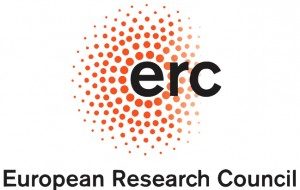Présentation
Human Evolutionary Immunogenomics: population genetic variation in immune responses
Recent genome-wide association studies have successfully identified rare and common variants that correlate with complex traits. However, they have provided us with little insight into the nature of the genetic, biological and evolutionary relationships underlying such complex phenotypes. There is thus a growing need for approaches that provide a mechanistic understanding of how genetic variants function to impact phenotypic variation and why they have been substrates of natural selection. One set of traits that displays considerable heterogeneity and that has undoubtedly been shaped by natural selection is the host response to microorganisms. By integrating cutting-edge knowledge and technology in the fields of genomics, population genetics, immunology and bioinformatics, our aim is to establish a thorough understanding of how variable the human immune response is in the natural setting and how this phenotypic variation is under genetic control. Specifically, the EVOIMMUNOPOP project aims (i) to characterise the genetic architecture of populations differing in their ethnic background; (ii) to define individual and population-level variation in immune responses, in the same individuals, by establishing an ex vivo cell-based model to study levels of transcript abundance of both mRNA and miRNA, before and after activation with various immune stimuli; (iii) to map expression quantitative trait loci associated with variation in immune responses; and (iv) to identify adaptive immunological phenotypes. This study will increase our understanding of how genotypes influence the heterogeneity of immune response phenotypes at the level of the human population, and reveal immunological mechanisms under genetic control that have been crucial for our past and present survival against infection. In doing so, we will provide the foundations to define perturbations in these responses that correlate with the occurrence of various infectious and non-infectious diseases as well as with vaccine success.






